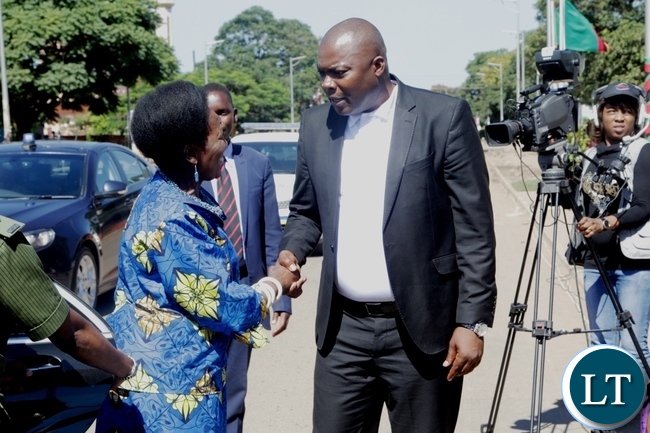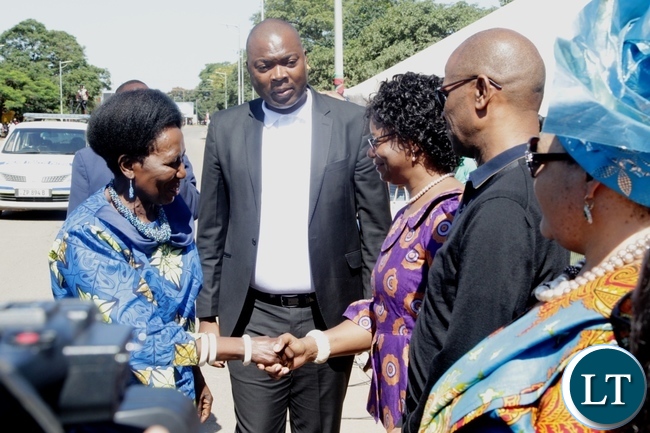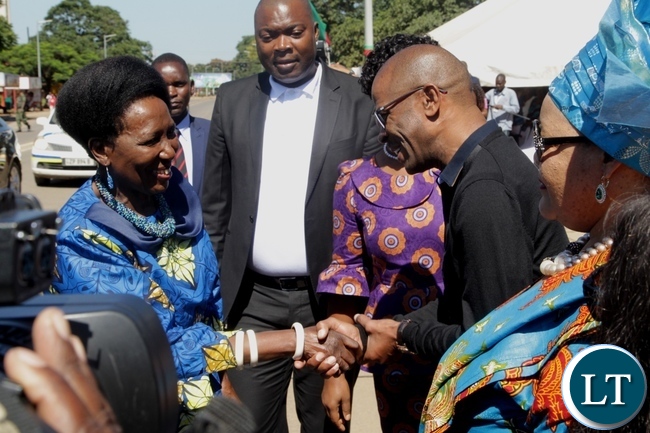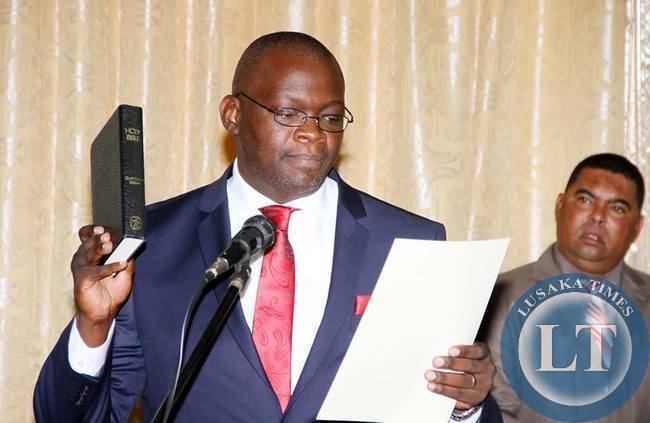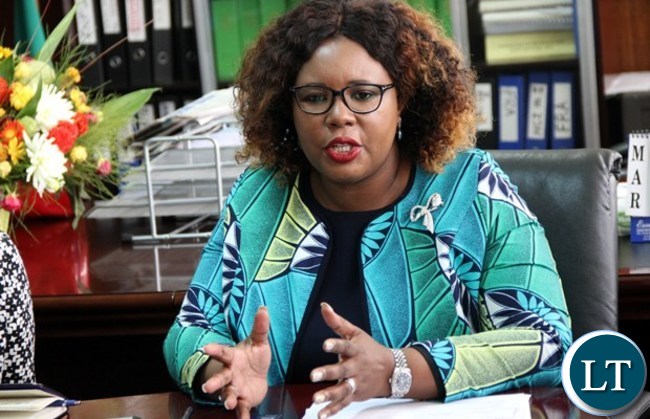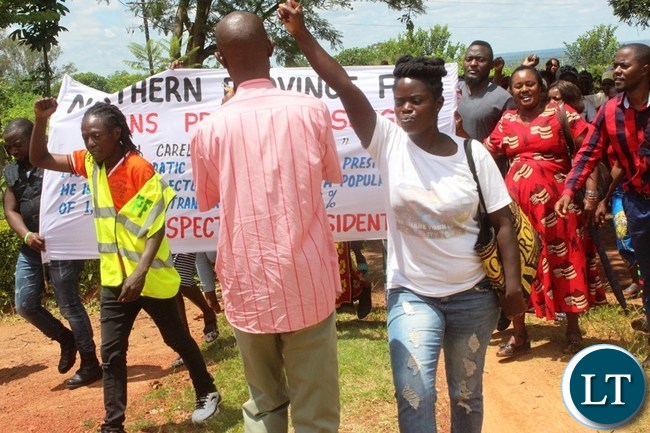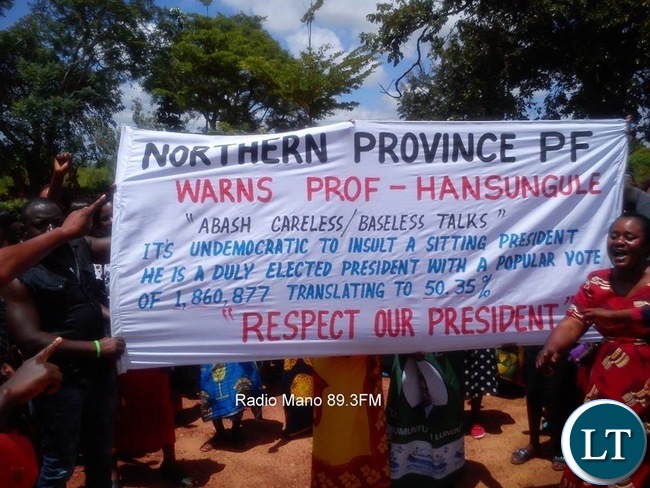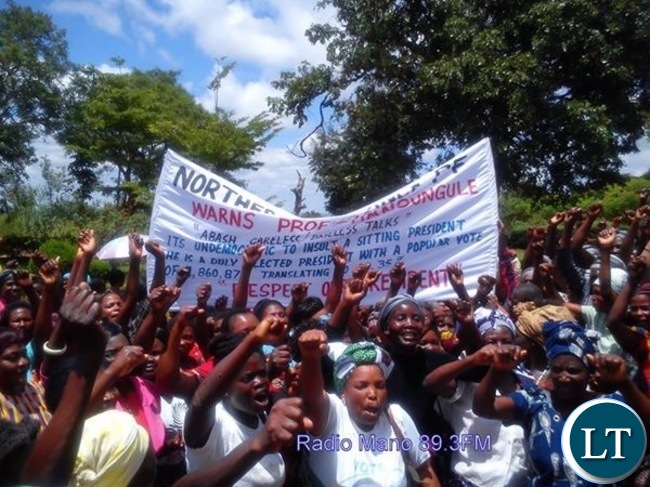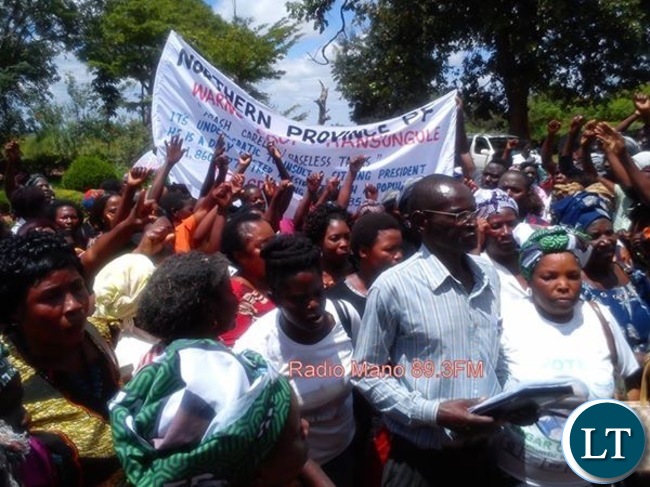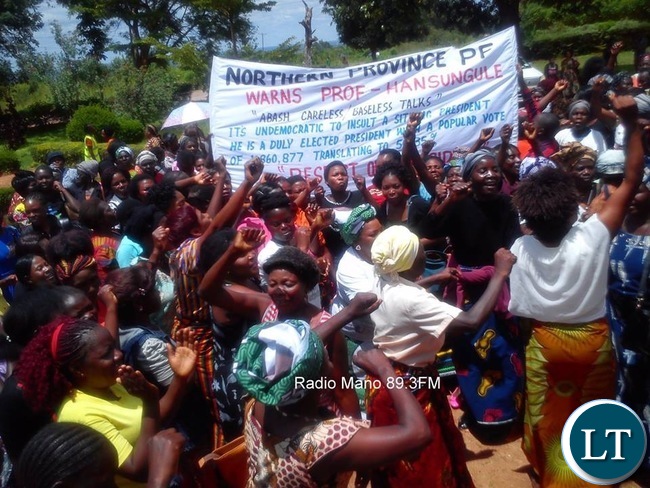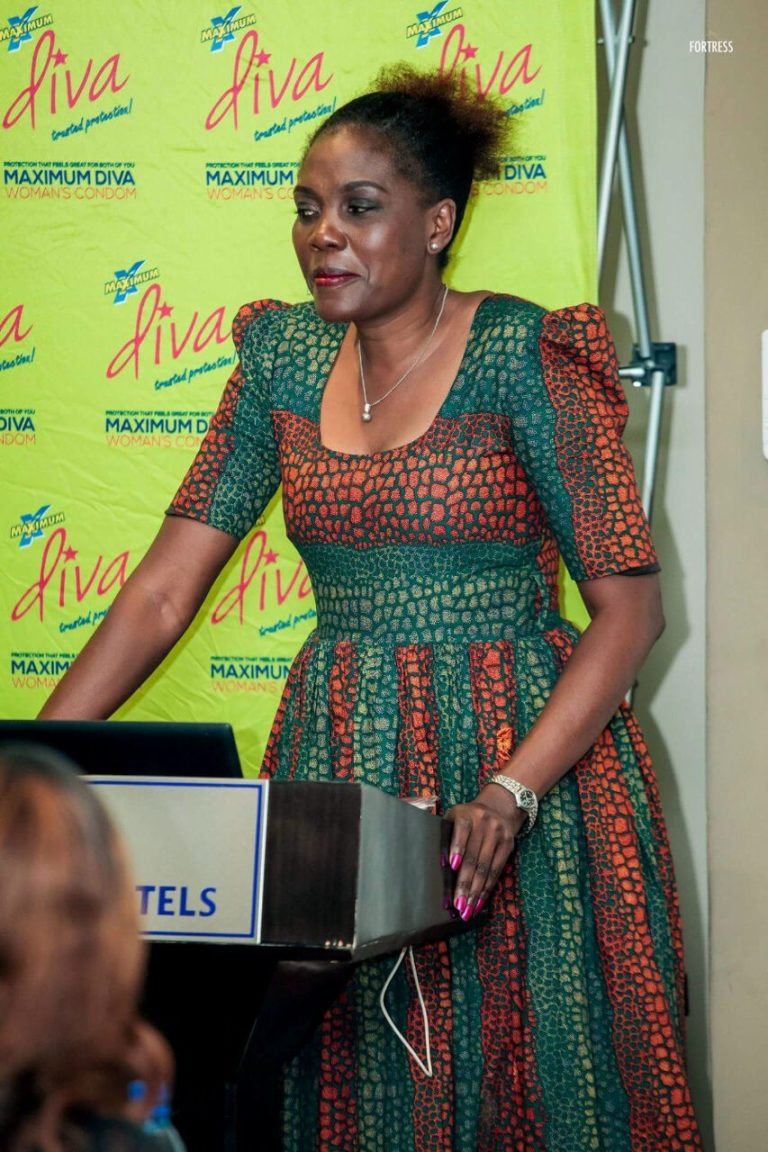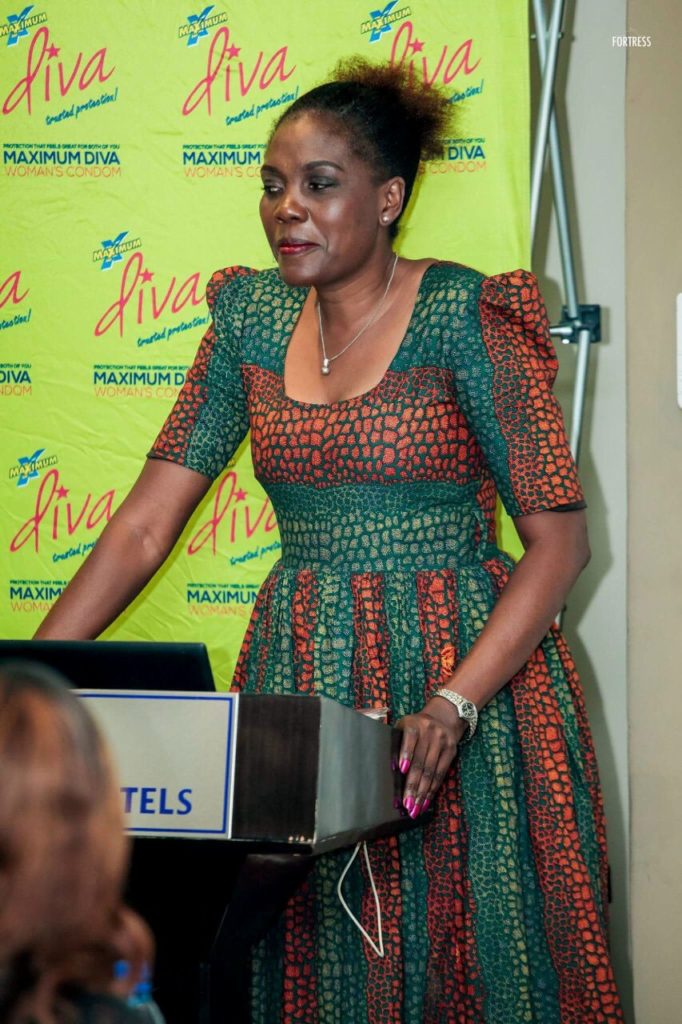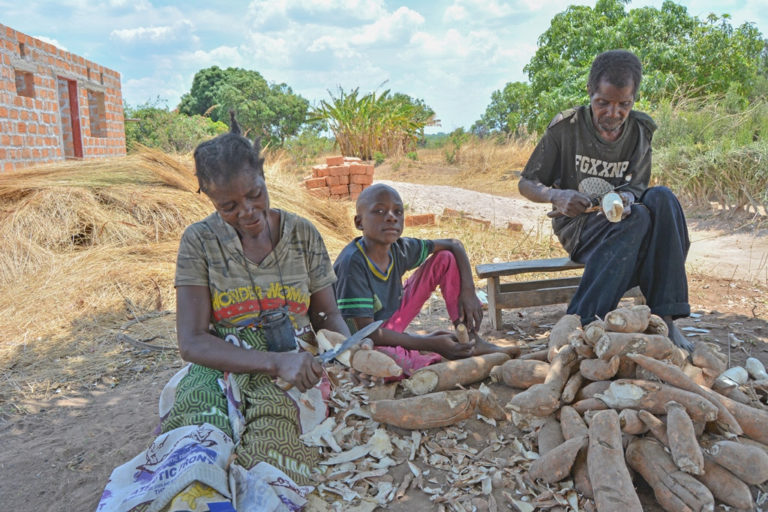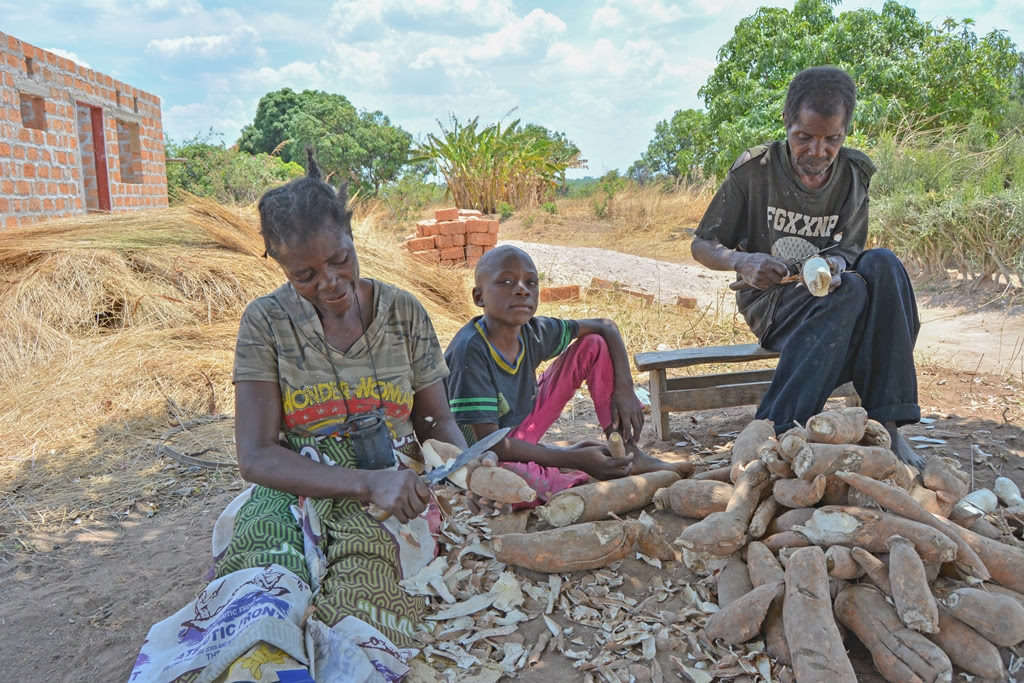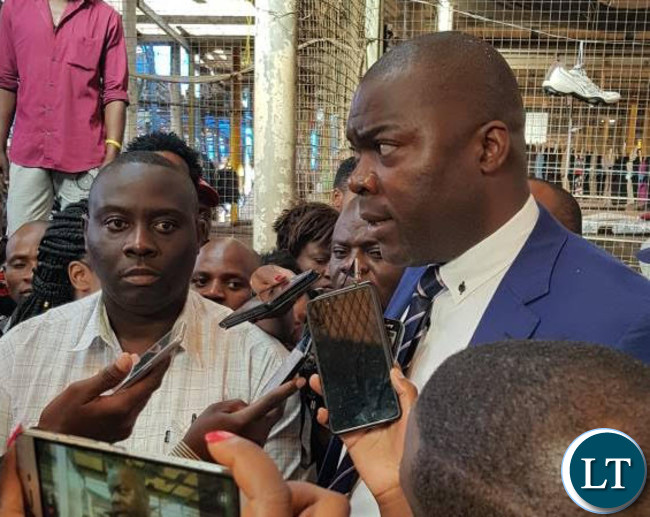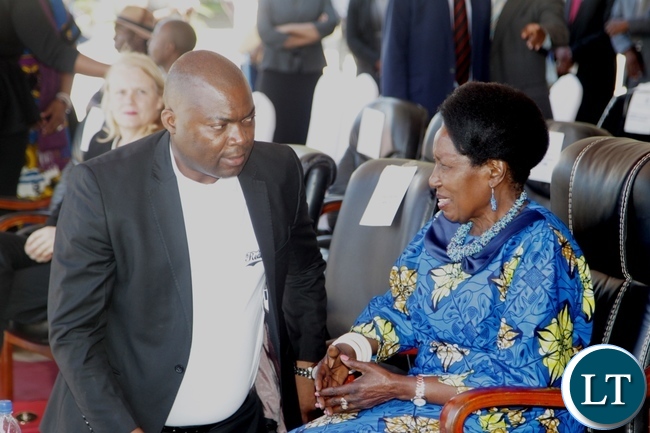
Zambia today joined the rest of the globe in commemorating International Women’s Day with a commitment by government to domesticate international protocols regarding girls and women in the country.
Hundreds of Women from various organisations and government institutions in Lusaka marched from the Civic Centre to the Freedom statue in commemoration of their day which falls on this day annually.
The International Women’s Day which in Zambia is mostly commemorated to reflect on the accomplishments of women towards attaining gender equality and equity has this year been celebrated under the theme, “ Time is now: Rural and Urban activists transforming women’s lives.”
Vice President Inonge Wina, who is Zambia’s first woman Vice President, graced the occasion with government’s pronouncements on how her administration is working to better the lives of women both in rural and urban areas of the country.
Mrs. Wina said her government will ensure that all international protocols regarding women and girls are domesticated in order to promote and uplift the lives of women in the country.
The Vice President said government will continue to promote women participation in the governance of the country and the growth of the economy.
She however, called for concerted efforts from all stakeholders in ending all forms of discrimination and abuse of women and girls in the country.
She said stakeholders should work with President Edgar Lungu who is the African Union Champion of the campaign against child marriages and ‘He for She’ campaign to ensure women and girls are protected from any form of gender based violence.
And United Nations Resident Coordinator Janet Rogan urged Zambian women to break the silence and report crimes of gender based violence to the law enforcement agencies for prosecution.
Ms. Rogan said a woman with the courage to break the silence is also a woman who has a vision that her life should and can be different.
She said women should no longer accept to be abused and deprived of their rights hence, the need to desist from protecting perpetrators.
Meanwhile, Non-Governmental Organizing Coordinating Council (NGOCC) Chairperson Sarah Longwe called on all Zambians to transform activism into action of the call for gender equality is to be attained.
Ms. Longwe observed that despite the commemorations of the international women’s day, gender inequality still exist in the country hence, the need for the country to do more.
She said women both in rural and urban areas still face many challenges among them, poverty, GBV and high maternal mortality rates.
Meanwhile, Government says there is need to take urgent action to ensure adequate standards of living, violence free lives, and harmful practices for women in rural areas.
In a speech read on her behalf by Mambwe District Education Board Secretary Theressa Ngoma, Mambwe District Commissioner Caroline Mwanza observed that a lot needs to be done to ensure women in rural areas have access to land and productive assets, food security and nutrition, decent work, education and health including their sexual and reproductive health rights.
ZANIS reports that the Acting District Commissioner said this during the commemoration of this year’s International women’s day running under the theme; Rural and Urban Activists Transforming Women’s Lives, held at the Mambwe Boma Arena today.
Ms. Ngoma pointed out women have continued to till lands and plants to feed the nation, ensure food security for their communities and build climate resilience for sustainable food security.
She however, expressed sadness that due to deep rooted gender inequalities and discrimination, women in rural areas fare worse than their counterparts in urban areas.
Ms. Ngoma thus highlighted that it is because of such inequalities that government enacted the gender equity and equality Act which seeks to promote women’s economic empowerment by improving women’s access to land, credit, seeds, fertilizers and market information in rural areas among others.
The Acting District Commissioner in this vain called on all well – meaning Zambians to join activists and consolidate government’s efforts in seizing the moment and transforming women’s lives.
She noted that women in rural areas represent an enormous potential and hence, must not be left behind in claiming their rights and improving their livelihoods and well-being.
